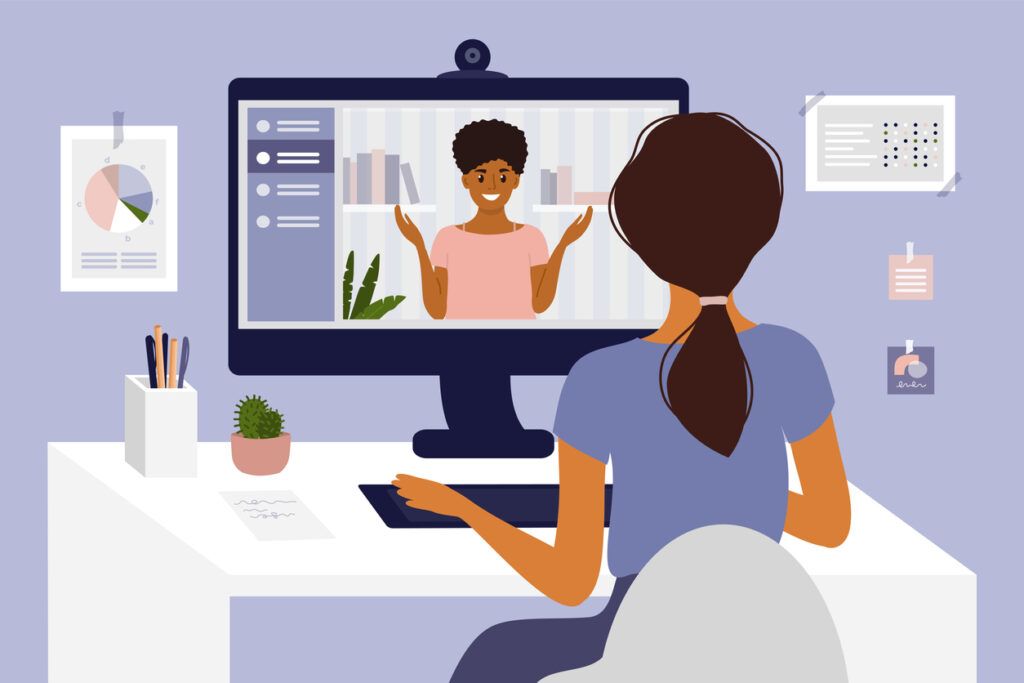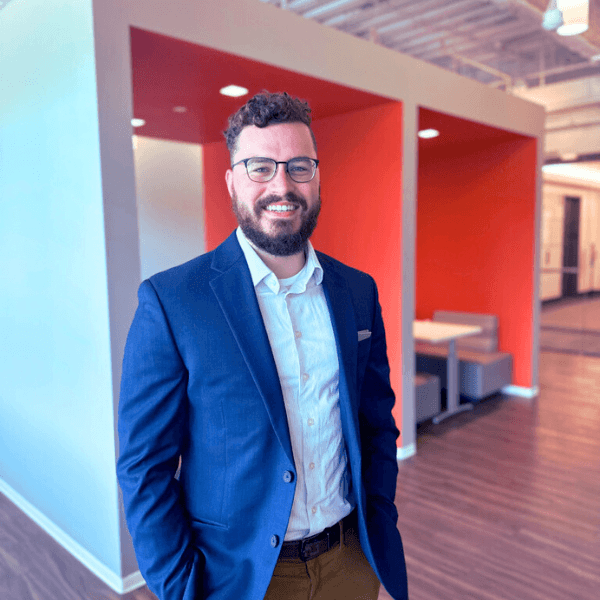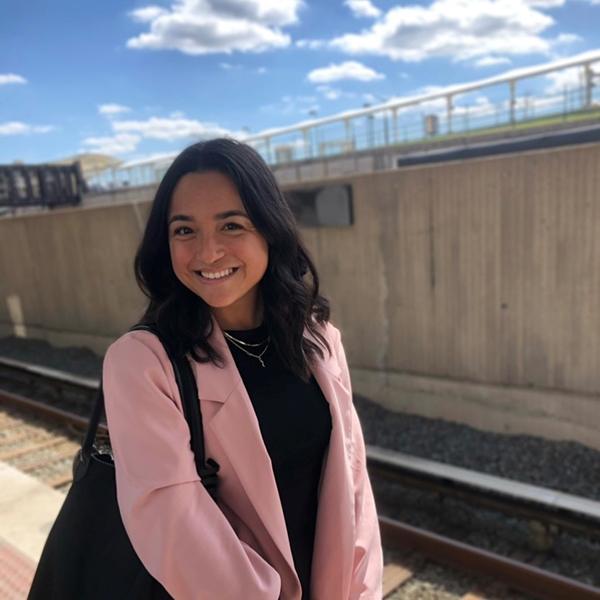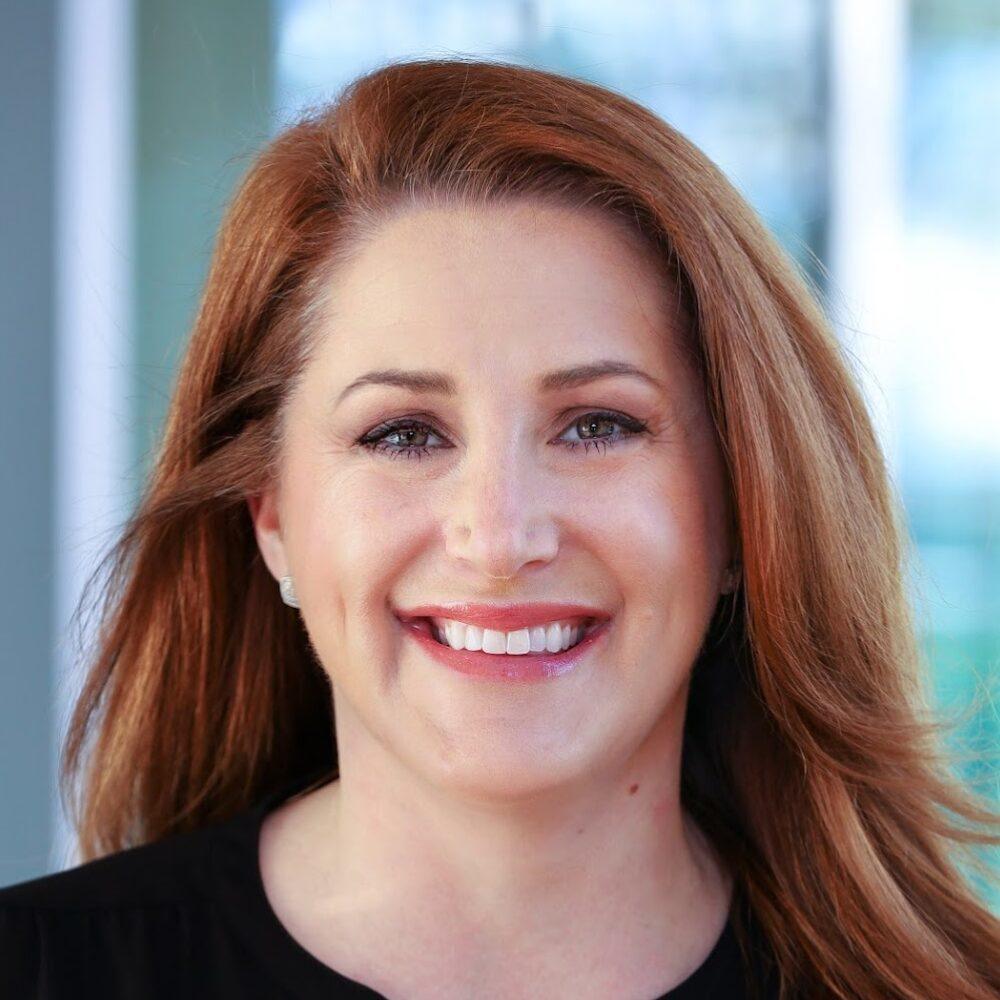Selecting for the Stars: Improving Accessibility in our Selection System
March 18, 2024 in Culture & Workforce Wellness, Flexibility, IDEA, Selection & Assessment
By Roxanne Lawrence, Natalie Johnson, Adrien McCulloch, Marni Falcone and Wendy Joachim
The interview process can be incredibly difficult and overwhelming. This is especially true for neurodivergent individuals and individuals with disabilities who may face additional barriers and challenges in the conventional interview format. According to some estimates, 30-40% of neurodivergent adults are unemployed or underemployed9. Neurodivergent candidates may struggle with understanding social cues, interpreting nonverbal communication, coping with sensory overload, or answering hypothetical or open-ended questions. These factors can negatively impact their interview performance and how interviewers perceive them, regardless of their skills and qualifications. Therefore, it is important to ensure our interview process suits the needs and strengths of all candidates, allowing for a fair and inclusive evaluation of their skills and potential. At FMP, we pride ourselves on an equitable, thorough interview process that provides each candidate an opportunity to share their capabilities in a safe environment.

FMP’s Inclusion, Diversity, Equity, and Accessibility (IDEA) North Star emphasizes our commitment to creating an environment where everyone feels valued, respected, and included. Moreover, our systems and processes, including our selection system, must be reflective of those values. As such, FMP examined our selection system to ensure our process reflected the latest research and best practices for accessibility and inclusion. A review of current research and best practices for accessibility and inclusion in selection systems revealed the need to ask candidates if they require reasonable accommodations ahead of the interview1,5,4,6, ask clear, non-hypothetical questions1,7,8, provide visual aids during the interview6, and consider how candidate qualifications match to the job rather than “fit” into the existing culture3,4.
Drawing from these best practices, FMP took several steps to enhance our selection system:
- To ensure all candidates can request reasonable accommodations during the interview process, FMP’s Human Resources team provides instructions on how to request accommodations, starting with the initial candidate correspondence. This messaging opens the door to dialogue and encourages candidates to request any additional support that will allow them to present the best versions of themselves during our selection process. Furthermore, FMP customizes our accommodations to meet the needs of the candidates, demonstrating our flexibility and willingness to work with each person’s case. FMP also offers to demonstrate the accessibility features of Microsoft Teams at the beginning of each virtual interview to ensure all candidates have access to the accommodations available to them. Doing so signals to candidates that FMP welcomes and provides a supporting work environment for all individuals.
- FMP takes steps prior to the interview to inform candidates about how the interview will be structured. For example, research shows that when neurodivergent individuals and individuals with disabilities know what to expect during the interview, they can plan ahead. This makes them feel more prepared, reduces tension, and allows them to clearly express their capabilities and present the best version of themselves during the interview.
- Individuals absorb and retain information differently. Some may synthesize information best when they have a visual, others when they hear it, and still others when the two are combined. Being inclusive of different learning styles during the interview process can level the playing field by allowing candidates to process interview prompts in their preferred style. To accommodate different learning styles, FMP has started to read the question and share the interview question on screen during our virtual interviews. This helps candidates who are visual learners gather their thoughts and reference the question at any time during their response.
- It is critical to ask clear questions with limited room for ambiguity and confusion during interviews. FMP intentionally streamlined interview prompts to ensure clarity and conciseness, allowing for easier processing by candidates.
- FMP’s interview process also focuses on how candidates can add to the culture and values of our workforce. We have found this to promote diversity of thought and a workplace culture focused on the values that each unique individual brings.
The refresh of our selection system has benefited both our company and our candidates. As thought leaders in the Human Capital field, we are proud to continuously improve our internal practices at FMP. Our commitment provides the opportunity to stay up to date on best practices while creating a positive experience for our candidates that is reflective of our IDEA values. Candidates have expressed appreciation for FMP’s commitment to inclusivity throughout the process and many were grateful for FMP’s intentional effort to ensure each candidate has exactly what they need to represent the best version of themselves during their interviews.
References
1Randstad. (2021, May 28). Adapting your interview process to be more accessible. https://www.randstad.ca/workplace-insights/corporate-culture/how-to-make-your-interview-process-more-accessible/
2Pashler, H., McDaniel, M., Rohrer, D., & Bjork, R. (2008). Learning styles: Concepts and evidence. Psychological science in the public interest, 9(3), 105-119.
3Wallrich, L. (2022). Making diversity work: transforming assessment and selection to hire for culture-add, not culture-fit. Occupational Psychology Outlook, 1, 40-48.
4Dodge, A. (2021, September 9). 10 Ways to Improve Your Interviewing Process for Candidates With Disabilities. https://www.accessibility.com/blog/10-ways-to-improve-your-interviewing-process-for-candidates-with-disabilities
5Brothwell, P. (2022). Make Your Hiring Practices More Accessible. https://blog.hiringthing.com/make-hiring-practices-more-accessible
6Enna. (2023). How You Can Make the Interview Process Accessible to Neurodivergent Candidates. https://enna.org/how-you-can-make-the-interview-process-accessible-to-neurodivergent-candidates/
7Breward, K. (n.d.). 3 tips to follow when interviewing neurodivergent candidates. International Board of Credentialing and Continuing Education Standards.https://ibcces.org/3-tips-to-consider-when-interviewing-neurodivergent-candidates/
8Leon, M. (2021, April 2). How to conduct interviews with neurodiverse candidates. Glassdoor. https://www.glassdoor.com/employers/blog/how-to-conduct-interviews-with-neurodiverse-candidates/
9Odukoya, A. (2022, October 5). Neurodivergence at a Glance. Johns Hopkins University. https://imagine.jhu.edu/blog/2022/10/05/neurodivergence-at-a-glance/
Resources
Resources Job Accommodation Network (JAN) 1-800-526-7234 (V/TTY) – JAN is a cost-free, confidential service from the U.S. Department of Labor’s Office of Disability Employment Policy (ODEP) that provides information on job accommodations for people with disabilities, the employment provisions of the ADA, and other related legislation.
Equal Employment Opportunity Commission (EEOC) 1-800-669-4000 (V); 1-800-669-6820 (TTY) – The EEOC provides resources that can answer employers’ questions about how to ensure their hiring process is inclusive of people with disabilities.
Employer Assistance and Resource Network on Disability Inclusion (EARN) earn@askearn.org – EARM provides a plethora of resources and information regarding recruiting, hiring, retaining, and advancing employees with disabilities and in the workforce, build inclusive workplace cultures, and meet DEIA goals.

Wendy Joachim serves in the shared role of HR Lead as part of FMP’s IOS Team with a strong focus on bringing in new talent to the FMP Team. Outside of work Wendy enjoys a good run, a vacation to a new spot, and is happiest cheering for her son and daughter on the field and on the courts.

Adrien McCulloch joined FMP Consulting as a Human Capital Consultant in September 2022. He earned an M.A in Industrial/Organizational Psychology from the George Mason University. Adrien has three years of experience working in the public sector with experience in military psychology, performance management, strategic planning, and workforce management. He is committed to making the workplace better suited to taking care of people.

Dr. Roxanne Lawrence is an industrial and organizational psychologist with senior levels of expertise in Diversity, Equity, Inclusion, and Accessibility (DEIA). She serves as a Human Capital Consultant at FMP, offering her expertise in DEIA to several Federal agencies. Dr. Lawrence has 3 years of experience researching cultural differences in emotion regulation within the service industry and has published her work on the moderating effects of cultural values on the relationship between emotion suppression and employee well-being in peer-reviewed journal Current Psychology.

Natalie Johnson joined FMP Consulting as a Human Capital Consultant in June 2022. She earned her Master’s in Industrial-Organizational Psychology from George Mason University. During her undergraduate time at The College of New Jersey, she studied Psychology with an Industrial-Organizational concentration, and minored in business and human resources management. Natalie has worked with organizations to improve their effectiveness in multiple capability areas. At FMP, she primarily works in Change Management and Communications as well as Employee Recognition and Engagement.

Marni Falcone has over 15 years working on and leading human capital projects for the public and non-profit sectors. Ms. Falcone’s areas of expertise include competency modeling, applied training and development, competency/skill gap assessment and analysis, job/competency analysis, and employee selection. Ms. Falcone is also a member of the Society for Industrial and Organizational Psychology (SIOP), the International Personnel Assessment Council (IPAC), and the 2022 President of the Personnel Testing Council of Metropolitan Washington (PTCMW). Ms. Falcone received her MA in Industrial/Organizational Psychology from George Mason University, is a certified Project Management Professional (PMP), and Certified Scrum Master (CSM).